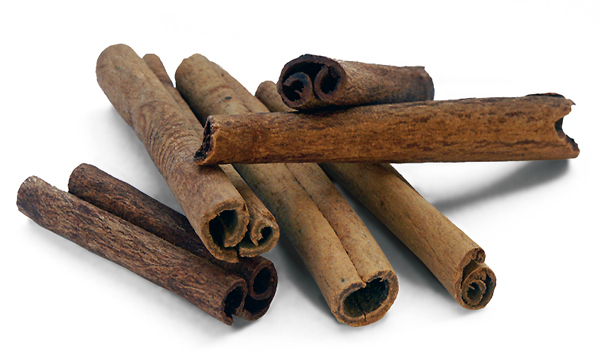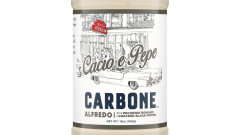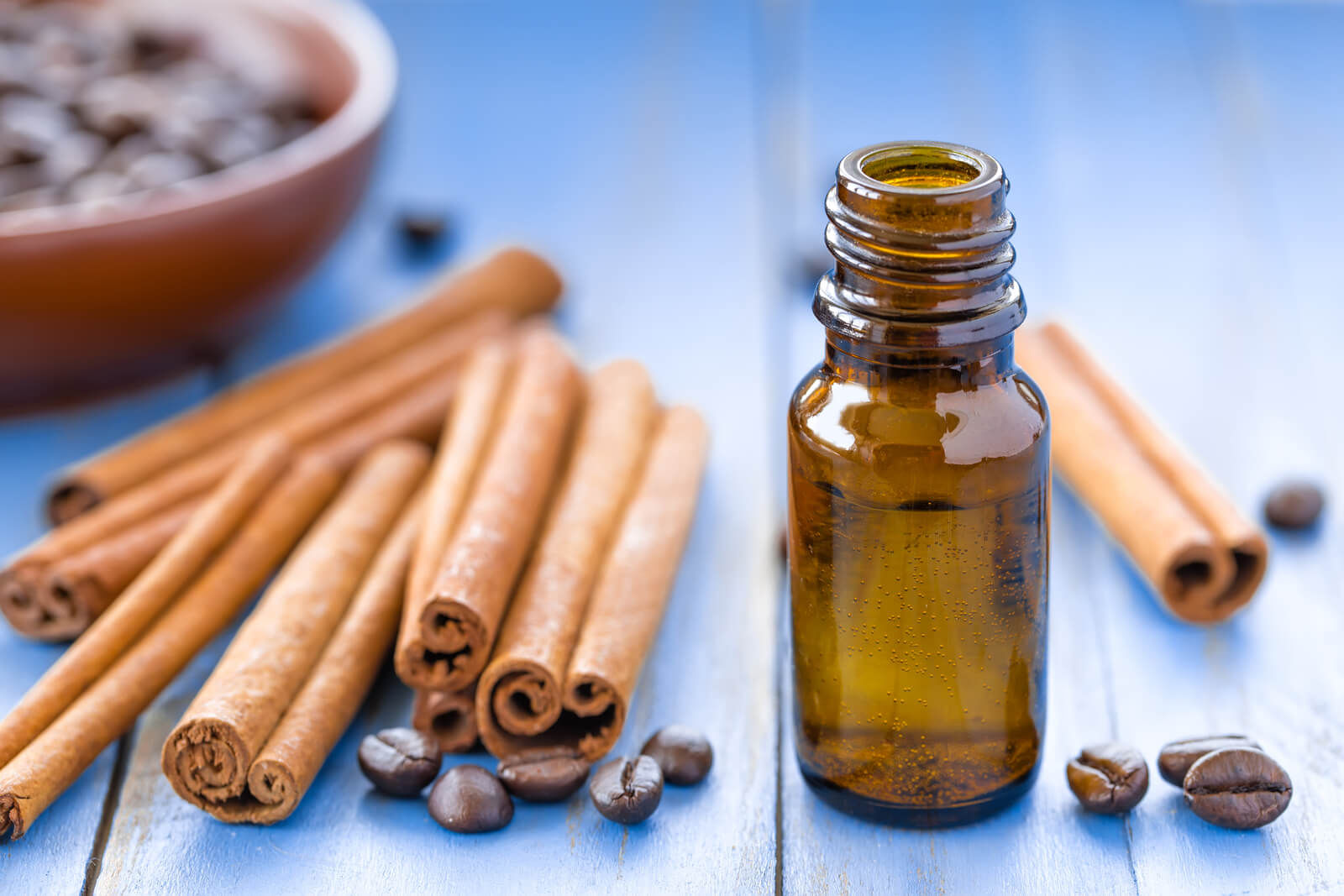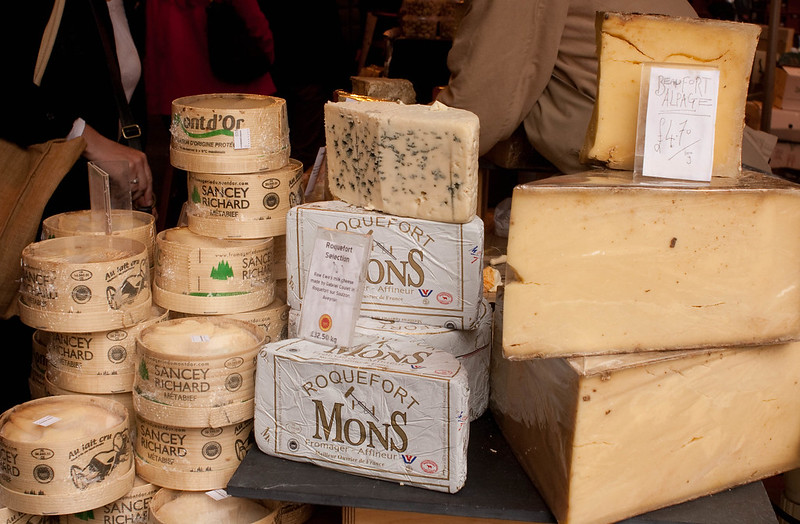7 Unique Facts That You Didn’t Know About Cinnamon


You think of cinnamon as some fun spice you toss around, from the disaster that is Fireball Whiskey to the even bigger disaster that is the “Cinnamon Challenge.” Maybe it’s something you sprinkle on your toast when you’re sick or place around the house in stick form to ensure your wintry pad is more festive than your neighbor (Karen, ugh). But cinnamon is way more powerful of a food entity and you’re not showing it the proper respect. Here’s a few things you didn’t know about cinnamon.

Photo: livingthegoodlifenaturally.com
1. There are actually two kinds of cinnamon, and the more common type is the dangerous one.
Yeah, that’s what’s up. Right off the bat, cinnamon is already rattling your world. Americans are used to the “Cassia” variety (from Indonesia and China), even though the “Ceylon” plant is considered the real, true spice (from Sri Lanka, Madagascar and the Seychelles), which is popular for tea. A key difference between the two is that Cassia has much, much more coumarin in it than Ceylon. This toxic chemical compound is what makes consuming cinnamon in large quantities such a terrible and dangerous idea, and actually, what makes cinnamon in general kind of a risky move for pregnant women.

Photo: epikfails.com
2. A Roman emperor burned a whole lot of cinnamon because he felt bad for killing his wife.
Supposedly, during a petty argument about him spending too much time at the races, Roman emperor Nero kicked his wife in the gut so hard that it led to her death. To atone for the accidental murder, he torched as much cinnamon as he could find at the funeral pyre, since it was a much rarer commodity than it is today. In some twisted logic, Nero thought this would suffice in showing his dead wife how sorry he was.
Photo: candidahub.com
3. Cinnamon oil will prevent bugs from feasting on you.
Cinnamon oil, which sounds like a delicious addition to anything, destroys the hell out of mosquito larvae, as it turns out. So think of cinnamon as an environmentally friendly pesticide in a way by adding a few drops or sprinklings to your sunscreen or lotion.

Photo: olwomen.com
4. You can lighten your hair with cinnamon.
Mixing a few spoonfuls of cinnamon into a paste — with honey or actual conditioner — will lighten your hair once applied and allowed sunshine to get at it.

Photo: history.com
5. Cinnamon used to be at least 15 times more expensive than silver.
Back in the day — talking the first century A.D. here — cinnamon carried an ungodly price tag, especially in Rome. It was considered a precious commodity, given its high demand and low supply. Once the regularity of foreign exploration kicked in, the spice became more available and therefore more affordable.

Photo: missedinhistory.com
6. Cinnamon was an ingredient in embalming and blessings in ancient times.
Though you may think of cinnamon as a light, fun taste, it has some heavy background. It helped preserved the dead in ancient Egypt (with a nice scent to boot) and Moses, according to the Old Testament, added it to holy oil for anointing.

Photo: npr.org
7. Cinnamon can regulate your blood sugar (and do a whole lot more).
According to analysis and studies, cinnamon has been proven to be beneficial for those concerned with diabetes. There’s also been studies that suggest cinnamon can lower lipid levels, such as LDL cholesterol and triglycerides.























